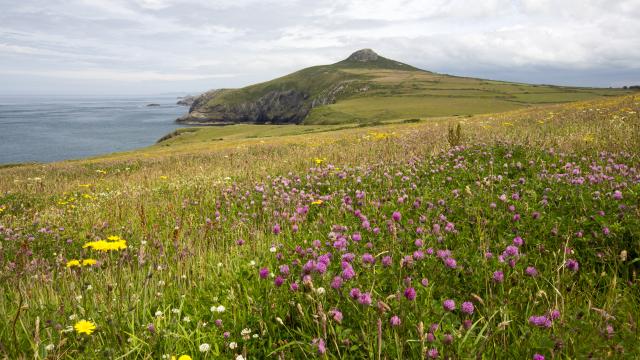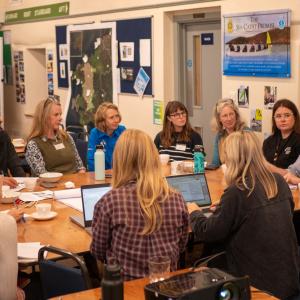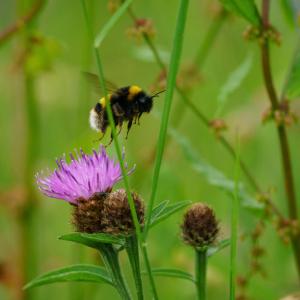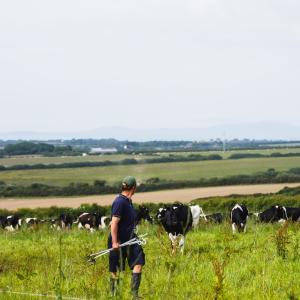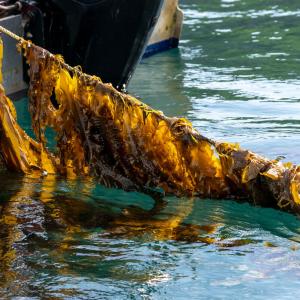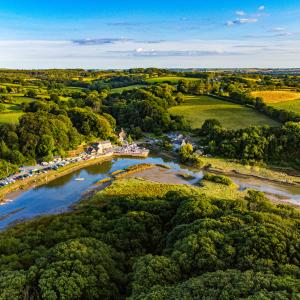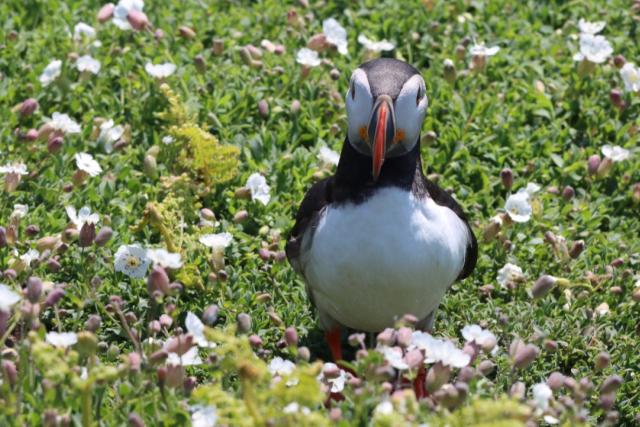
Project overview
Right now, humanity is facing a Triple Challenge - three big problems that are all connected: reducing impact of climate change, protecting and restoring nature, and meeting the needs of a global population. WWF is tackling these challenges by looking at the big picture. The Wholescape approach understands that nature is connected across land, rivers, coasts, and seas. It also understands that the people who live and work in these areas are a crucial part of the solution. By recognizing these connections, WWF is finding ways to help both the environment and communities thrive together.
In Pembrokeshire, we are already seeing real results by connecting actions for nature, climate, and people across whole ecosystems. The goal is to show that working at a larger interconnected scale can lead to lasting, positive change.
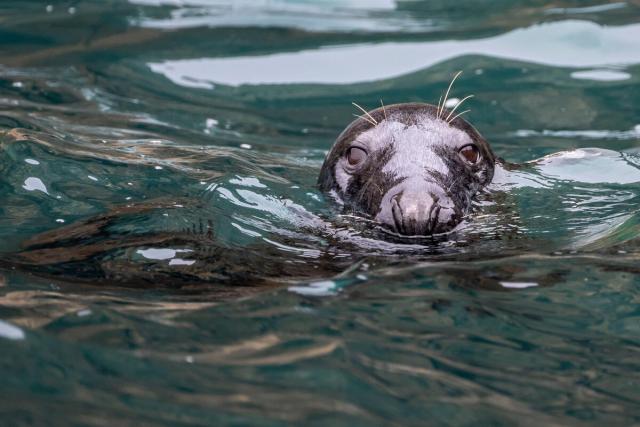
Why we are doing it
Pembrokeshire, located in west Wales, is known for its diverse and spectacular landscapes, including beaches, coastlines, and ancient forests. It is home to the UK’s only coastal National Park, supporting rich marine life and many other rare species and habitats. This makes it a popular tourist destination. It is also a county of food production, having some of the best conditions in the UK for dairy and potatoes.
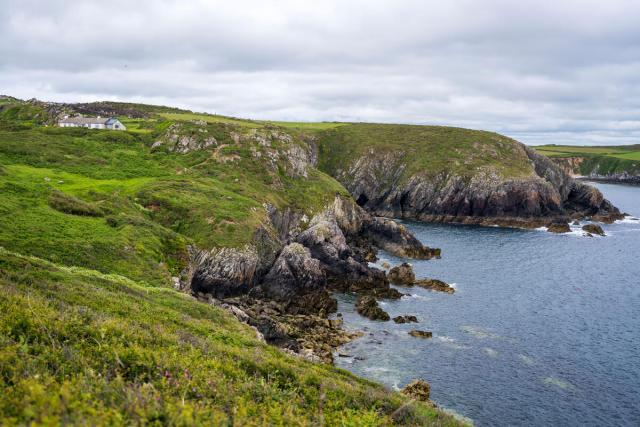
However, like many other parts of the world, its natural environment faces threats from pollution, habitat loss and climate change which are also having negative impacts on the economy and local communities.
It is a real-world example of the Triple Challenge but there is so much potential for the future of this area, working together with local communities and organisations, we hope will accelerate action and demonstrate it’s possible to find solutions and win-win-wins for nature, climate and people.
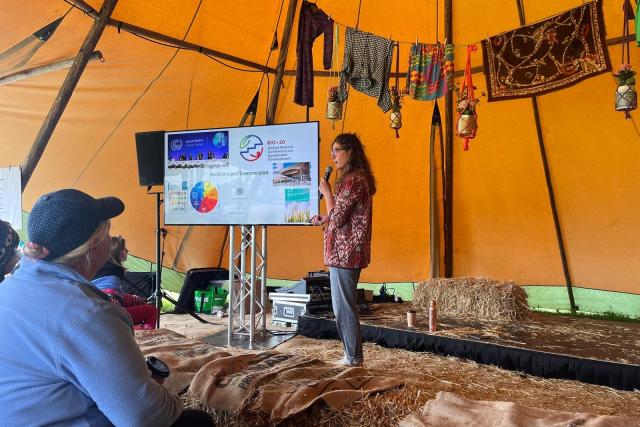
Project impact
We started the programme in Pembrokeshire in 2022.
Over the first couple of years, we bought together a wide range of communities and stakeholders to explore what the key issues are in Pembrokeshire. Our aim is to be directed by the area’s needs and play a supporting and enabling role in accelerating transformation.
As part of this we have been supporting research, organising workshops, attending local partnership meetings and funding community projects.
We have also undertaken systems analysis and modelling to check if we are working on projects and areas that have the biggest impact.
Below provides details of the work done so far...
The Pembrokeshire Wholescape Programme is a 5-year programme where we will continue to engage with local communities and stakeholders. While we have identified key areas and projects to work on, we’re always learning and adjusting as we go, and we welcome feedback to improve our approach.
If you would like to know more information about this project or have any feedback, please let us know and contact cymru@wwf.org.uk.
